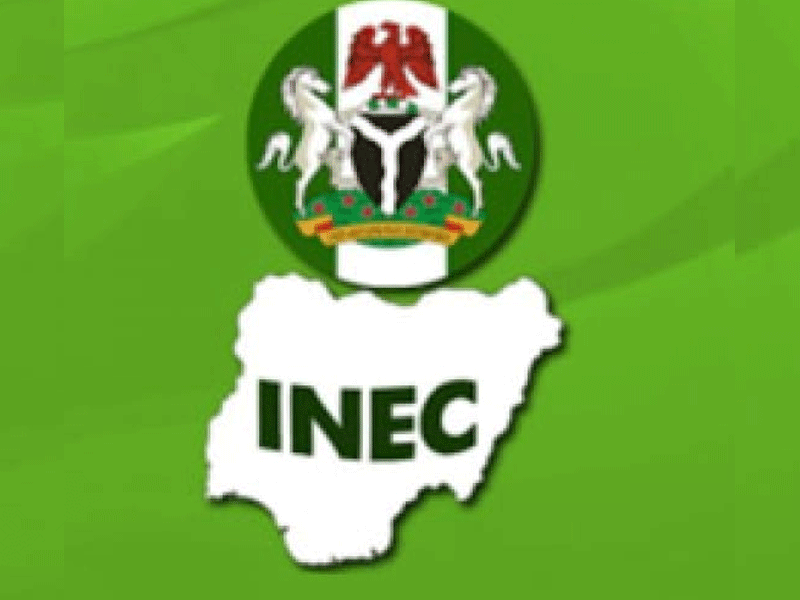The Independent National Electoral Commission (INEC), yesterday, announced that the Bimodal Voter Accreditation System (BVAS) designed by its in-house engineers, has been reviewed for maximum performance and deployment in coming elections.
INEC National Chairman, Professor Mahmood Yakubu, at a meeting with Resident Electoral Commissioners in Abuja, said the BVAS was one of the two important technological innovations introduced during the in the Anambra State governorship election.
The BVAS, which was designed to replace the Smart Card Reader for verification and authentication as part of improved voter accreditation process, he said was deployed for the first time in a major election after the successful pilot in the Isoko South I State Constituency in Delta State in September this year.
He said that the second technological innovation introduced in the Anambra election went virtually unnoticed by many Nigerians.
“For sometime now, dedicated portals were created by Commission to handle different aspect of the electoral process. For instance, the nomination of candidates by political parties, including the uploading of nomination forms, is now done online. So too is the accreditation of election observers and the media. In addition, and for the first time in the history of the Commission, the accreditation of polling and collation agents nominated by political parties was done online.
“This has ensured that all such agents were provided with identification tags bearing not only their party logos, names and other personal details but personal photographs as well.”
In all, he said the Commission issued 63,745 identification tags to agents of the 18 political parties that sponsored candidates for the election.
“This has sanitised the process and made the identification of ghost party agents easier. We will maintain the same arrangement for all forthcoming elections, including the 2023 general election.”
He also reported that INEC had completed the second quarter of the CVR exercise, which started in June online and physically at designated centres, adding that the third quarter exercise would start in January 2022.
“For those already registered, they would like to know when their Permanent Voters’ Cards (PVCs) will be available for collection. The Commission is working on these concerns and issues and will issue a comprehensive schedule for both activities early in the new year.”
Yakubu said the commission had cleaned up the data, using the new Automatic Biometric Identification System (ABIS) to weed out multiple registrations.
As a result, he said that a testimony to the efficacy of ABIS process, “14,665 (34.1%) multiple registrations were detected and rejected. Consequently, the number of new valid registrants in the FCT is 28,321.
“Added to this figure are requests for transfer of registrations to FCT, replacement of lost or damaged PVCs and update of voter records, making an overall total of 39,208 new PVCs to be printed. I am glad to report that all the PVCs will be available for collection from 6th January 2022 until 4th February 2022.”
On other off season elections, Yakubu said in June this year, the Commission released the timetable and schedule of activities for the Ekiti governorship election holding on June 18, 2022 and the Osun governorship election scheduled for July 16, 2022.
He said that a major activity for the two elections is the conduct of primaries by political parties for the nomination of candidates for the election.
For Ekiti State, he said the exercise begins in the next 2 weeks on January 4, 2022 and ends on the 29th, while in the case of Osun State, party primaries begin on February 16, 2022 and ends on March 12, 2022.
In addition, he explained that there are eight pending bye-elections involving three Federal Constituencies (Jos North/Bassa in Plateau State, Akure North/Akure South in Ondo State and Ogoja/Yala in Cross River State) and five State constituencies (Shinkafi in Zamfara State, Ekiti East I in Ekiti State, Akpabuyo in Cross River State, Pankshin South in Plateau State and Giwa West in Kaduna State).
The commission, however, reminded political parties that in choosing their candidates for these elections, that they must abide by the provisions of the law, INEC’s regulations and guidelines as well as their Constitutions and guidelines.
This day.
